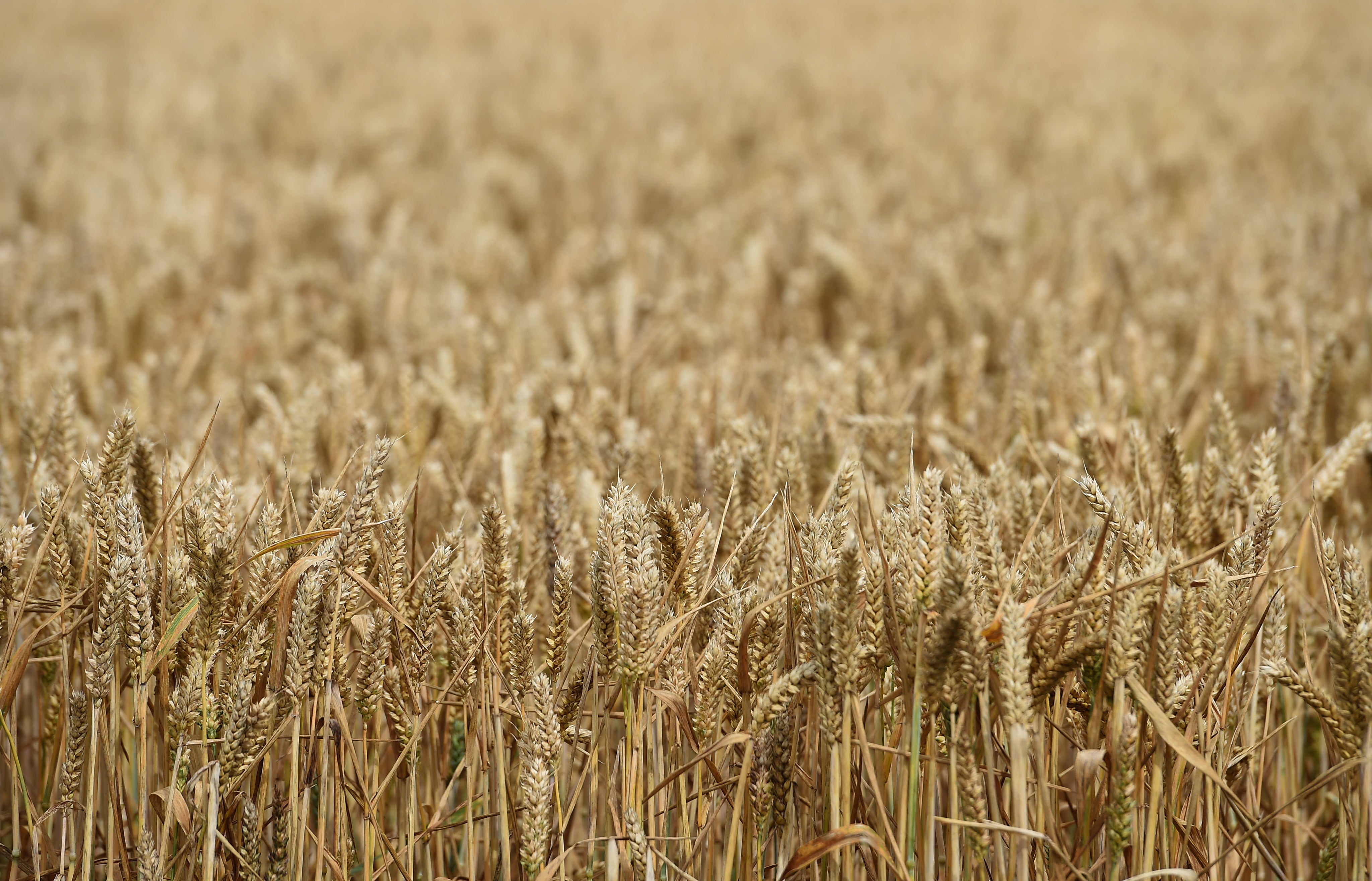Ukrainian MP issues famine warning as she urges action on blocked ports
Kira Rudik was speaking during a visit to the Scottish Parliament on Wednesday.

Your support helps us to tell the story
From reproductive rights to climate change to Big Tech, The Independent is on the ground when the story is developing. Whether it's investigating the financials of Elon Musk's pro-Trump PAC or producing our latest documentary, 'The A Word', which shines a light on the American women fighting for reproductive rights, we know how important it is to parse out the facts from the messaging.
At such a critical moment in US history, we need reporters on the ground. Your donation allows us to keep sending journalists to speak to both sides of the story.
The Independent is trusted by Americans across the entire political spectrum. And unlike many other quality news outlets, we choose not to lock Americans out of our reporting and analysis with paywalls. We believe quality journalism should be available to everyone, paid for by those who can afford it.
Your support makes all the difference.A Ukrainian MP has warned of an impending famine if action is not taken to unblock the country’s ports and release millions of tonnes of grain.
Ukraine is a major producer of grain, with a total of 80 million tonnes produced last year according to the UN’s Food and Agriculture Organisation (FAO) along with being the world’s largest producer of sunflower oil.
But the Russian invasion of the country resulted in ports being blocked and a halt being placed on exports.
Speaking to journalists at the Scottish Parliament on Wednesday, Ukrainian MP and leader of the liberal Voice party, Kira Rudik, said parts of the global south could be tipped into famine if the grain – in particular wheat – is not released from Ukraine.
In 10 weeks, we are facing famine, especially for countries in the (global) south
Gro Intelligence, a company that specialises in predicting food security trends, told the UN Security Council that just 10 weeks of wheat were available in the world’s stores.
“Before the war, Ukraine was top three of the countries producing grains: wheat, sunflower oil, tomatoes and corn,” Ms Rudik said.
Exports that could feed the rest of the world, the MP said, were stuck in ports in Ukraine with “no way of getting them out”.
“In 10 weeks, we are facing famine, especially for countries in the (global) south.
“We need a unified approach to help unblock our ports and help get all this harvest out.”
Ms Rudik said she raised the issue in a meeting with Tobias Ellwood, the chairman of the Defence Select Committee, adding: “This is a humanitarian mission that needs to happen, not for the Ukrainian good but for the good of the whole world.”
The invasion of Ukraine has also served to spark a debate about the possession of nuclear weapons, with Russia boasting one of the biggest collections in the world.
Russian ambassador to the UK, Andrei Kelin, told the BBC on Sunday that such weapons would not be used in the conflict against Ukraine, adding there were “very strict” rules on their use, with nuclear missiles only allowed to be deployed “when the existence of the state is endangered”.
Although she does not support nuclear deterrents in principle, Ms Rudik said it was a bad idea for her country to give up their arsenal in the 1990s.
In 1994, the Budapest Memorandum was signed, giving security assurances to Ukraine in exchange for the scrapping of its nuclear arsenal.
“We gave it up for peace in the whole world, which is quite a romantic move I would say,” she said.
“Our pain is that in 2014 when Putin first attacked these security guarantees were not executed on.”
Now, Ms Rudik said, politicians are telling her privately their countries must consider renewing their nuclear weapons.
“This is exactly the opposite of the world I want my children to live in,” she said.
“We (want to build) this nice, safe place for everybody and right now we’re going in the opposite direction.”
When asked if it was a “mistake” for Ukraine to give up its nuclear weapons, Ms Rudik replied: “Yes.
“Because we know how the world works right now and at that point people didn’t know.
“Even having one rocket, and saying, ‘we have it hidden somewhere but we won’t tell you where it is but we will be able to hit you with it’, would be an important point and a restriction for Putin to attack.”
She added: “For us, even having it somewhere in the back pocket would make a huge difference.”
But after the war is over, Ms Rudik said there would have to be a “bigger discussion” about the future of nuclear weaponry.
“It needs to be a re-thinking of how we want it to look at the end, what is the best system to put in place?
“Maybe there are certain countries that would need nuclear weapons and certain not, maybe there will be one country that needs to have it and all the rest will be reliant on it.
“That will be a huge question mark and it will have to be decided from the top to the bottom.”
The key condition for the new security set-up in the West, Ms Rudik said, would be if “we as the Western world have a force that would make Putin keep his word, or any other dictator”.
“The answer is no, right now, it is no,” she said.
“The new security system that is put in place will have to have an answer for that.”